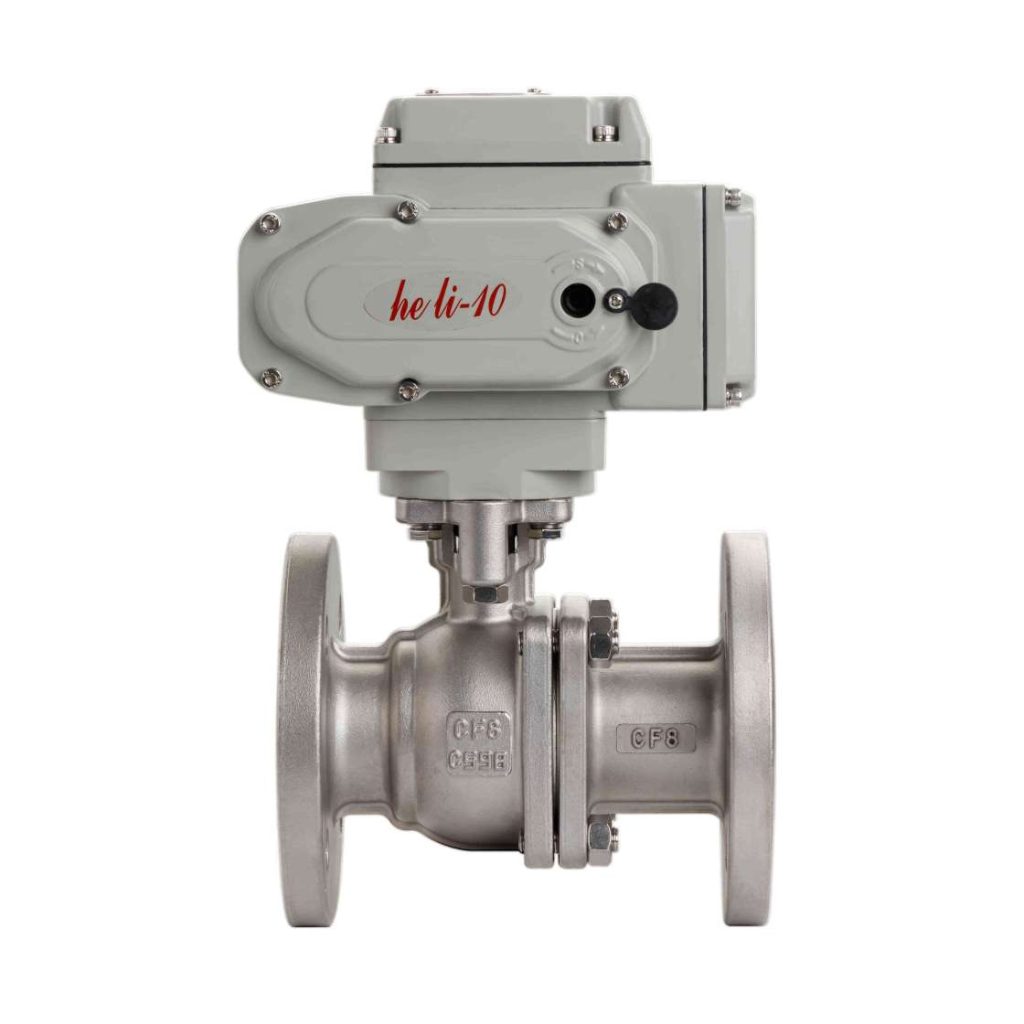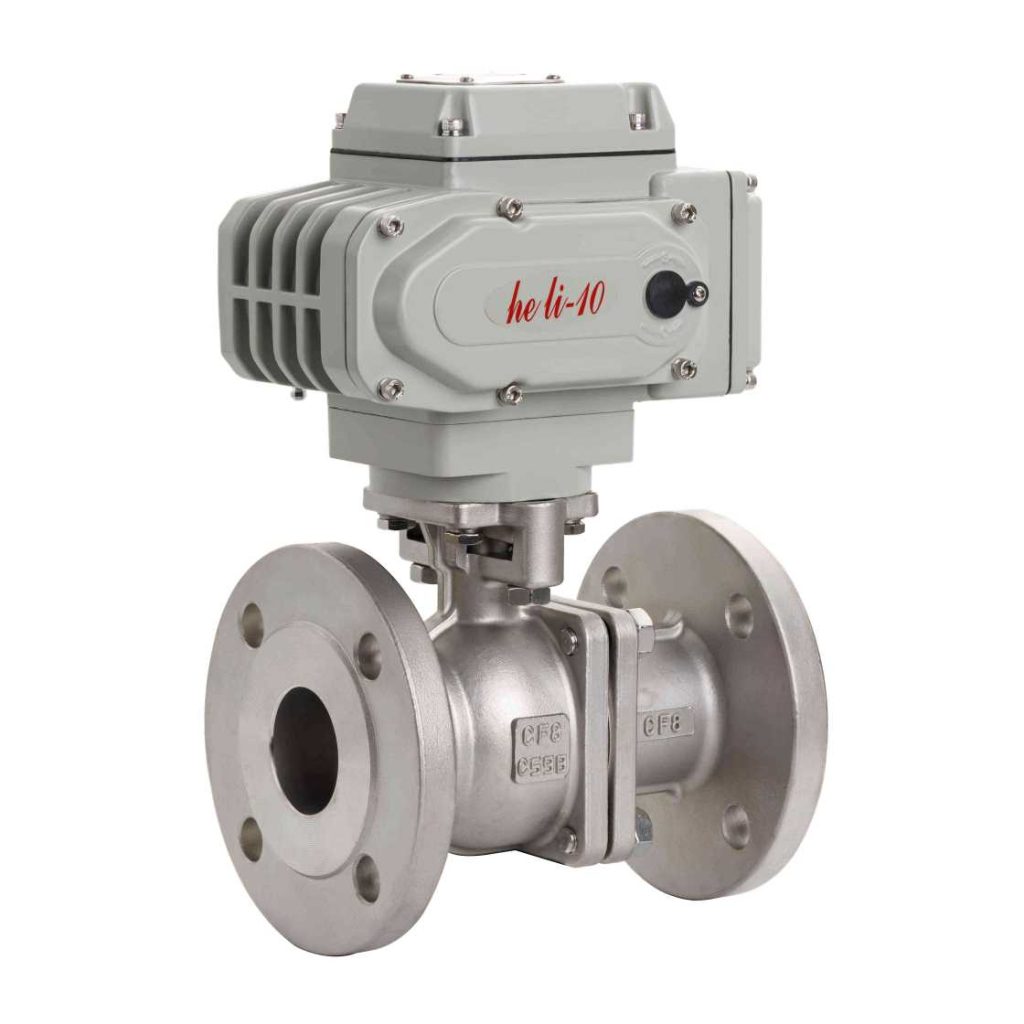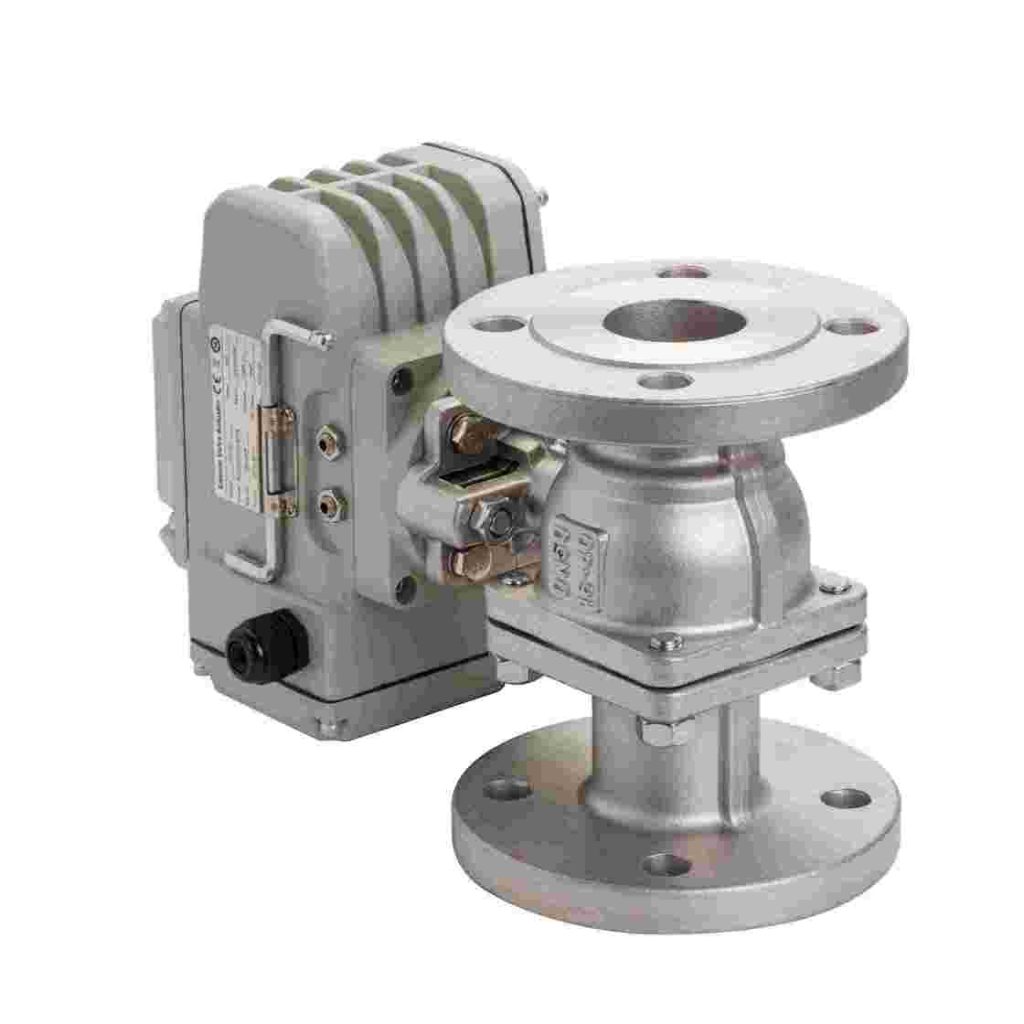In the world of industrial automation and process control, valves play a crucial role in managing the flow of liquids, gases, and other substances through pipes and systems. Among the various types of valves used, the electric stainless steel flange ball valve is one of the most versatile and widely adopted. This type of valve, known for its durability, precision, and easy automation capabilities, is a popular choice in industries ranging from oil and gas to water treatment and chemical processing.

What is an Electric Stainless Steel Flange Ball Valve?

At its core, a flange ball valve is a valve that uses a spherical ball with a hole or port through its center to control the flow of fluid. When the valve is in the “open” position, the hole in the ball aligns with the pipe, allowing fluid to pass through. When the valve is “closed,” the ball rotates to block the flow. The term flange refers to the valve’s method of connection to the pipe. The flange design allows for a secure, leak-proof connection that can withstand high pressure and demanding conditions. When paired with electric actuators, these valves can be automatically controlled, making them an ideal choice for remote or automated systems. The electric actuator uses an electric motor to rotate the valve ball, allowing for precise control over the flow of liquids and gases. The stainless steel material provides excellent resistance to corrosion, making these valves suitable for use in harsh environments, such as chemical processing plants or offshore oil rigs.

Leave a Reply